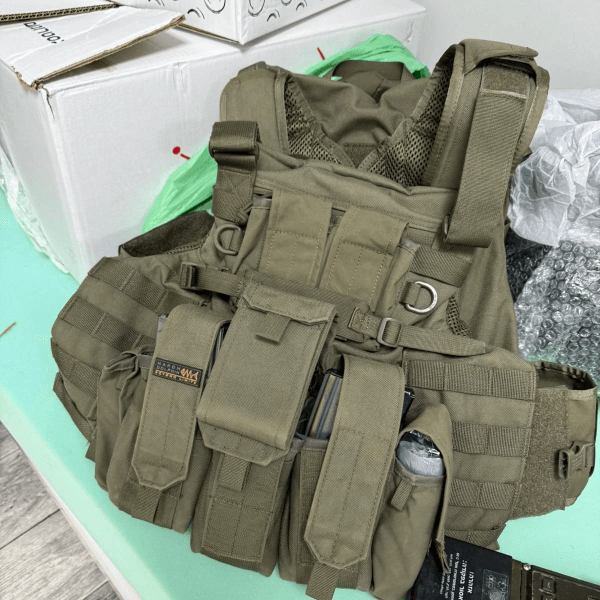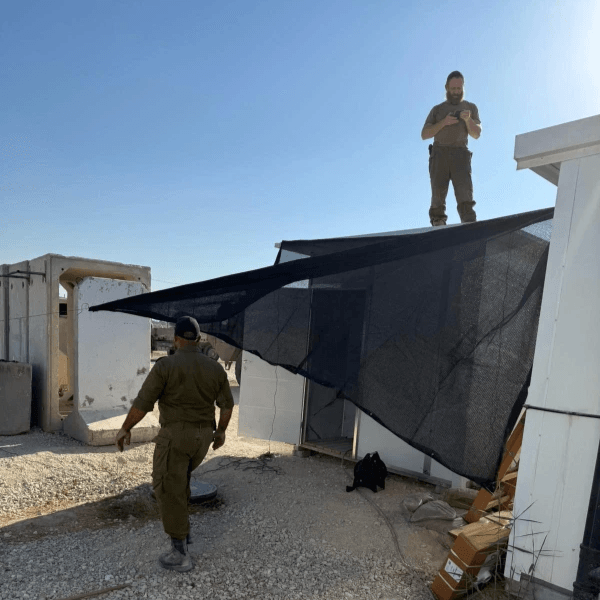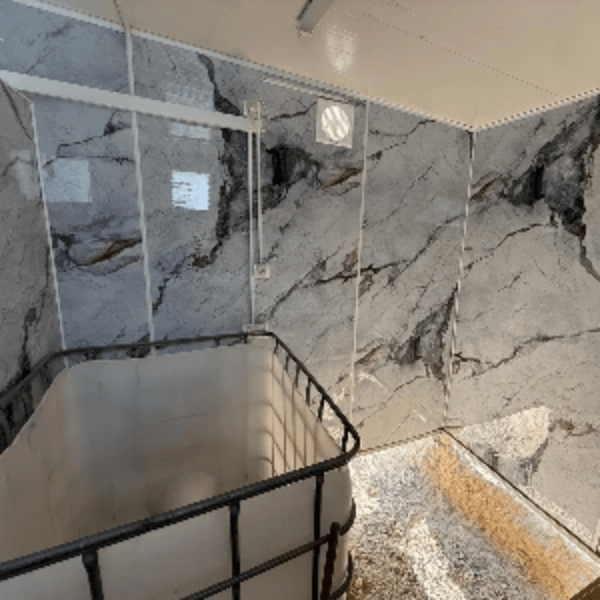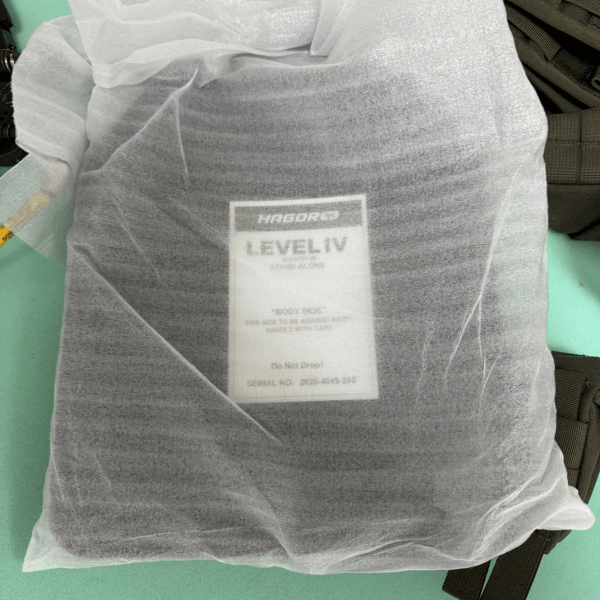"We've been asking for a proper mikveh on base since it was started and we got here 9 months ago," Jackie told me as he adjusted the ceramic plates in his brand-new tactical vest. "Not having one changes our morning routine, especially with more chassidic guys joining our unit through Shalav Bet."
As I stood in our units tent watching our chayalim sort through the latest shipment of protective equipment, I was struck by the beautiful contrast unfolding before me. Here were soldiers carefully inspecting modern ballistic plates and vests – equipment that would replace gear some of them had been issued from the 1970s and equipment left over from the Second Lebanon War. Yet their primary concern wasn't just about physical protection; it was about spiritual preparation for each day of service.
The Equipment That Time Forgot
These soldiers face distinctive challenges that extend beyond the typical call of duty. Many had been carrying equipment that belonged in museums rather than combat zones. Vests, that if they have padding, it is from decades past, helmets that provided minimal coverage, and ceramic plates that had seen better years – sometimes better decades. Thanks to the incredible generosity of our donors, we've been able to provide 22 updated vests and 20 ceramic plates (good for 10 guys) that meet today's protection standards.

When Faith Meets Military Service
The Shalav Bet program has brought dedicated young men from traditionally religious communities into IDF service, many leaving behind established routines and tight-knit communities to answer the call of duty. For these chayalim, starting each day with proper spiritual preparation through the mikveh isn't just tradition – it's an essential part of their service readiness.
"Look, I can put on this new vest and feel protected physically," explained Moshe, one of our reserve soldiers from a chassidic community. "But if I can't start my day right spiritually, I'm not really prepared for what we might face out there. I believe that I need spiritual protection to help me with the physical protection and any way I can enhance that, it is important to me."
Working alongside our friends from Chabad, our unit has been developing plans for a permanent mikveh facility on base for daily use, especially with the upcoming high holidays approaching. This would provide proper morning access for the growing number of religious soldiers who consider this preparation as essential as checking their equipment.

Two Kinds of Armor

The irony wasn't lost on any of us. Here we were, finally upgrading physical protection that should have been replaced years ago, while simultaneously working to establish spiritual protection that had never existed on base before. The old equipment represented neglect of our soldiers' physical safety; the new mikveh represented recognition of their complete wellbeing.
"It's funny," Jackie reflected as he properly adjusted his new helmet – a far cry from the oversized gear he'd been issued months earlier. "My grandfather would have understood this better than some people today. He knew that a Jew needs protection for his neshamah as much as his body."
Despite these significant personal adjustments and the challenges of serving away from their home communities, these reserve soldiers are welcomed with open arms by their fellow unit members. Their dedication is deeply appreciated, and they are treated with the same respect and camaraderie as any other IDF soldier, demonstrating the unity and shared purpose that defines Israel's defense forces during these challenging times.
The Backbone of Holistic Support
The success of this dual approach – upgrading both physical and spiritual infrastructure – reflects something deeper about how we support our chayalim. These soldiers need practical and tactical equipment that works, and they need an environment that respects and accommodates their spiritual requirements.
The mikveh project has gained support not just from religious soldiers, but from the entire unit command structure. They understand that soldier readiness encompasses the whole person. When a soldier feels spiritually prepared for his service, when his commanders respect his religious needs, and when he's properly equipped with modern protective gear, that's when we see military service at its best.

By supporting both the equipment that protects their bodies and the facilities that prepare their souls, we're creating an environment where every soldier – regardless of his background or level of religious observance – can serve with confidence, dignity, and the full support of his community.
When we stand as one, no matter our backgrounds or the different kinds of protection we each need, we are a powerful nation. And sometimes that unity is most clearly visible in the small moments – watching a soldier in brand-new protective gear making plans to start his day at a proper mikveh, knowing that both are possible because a community cared enough to make them happen.

